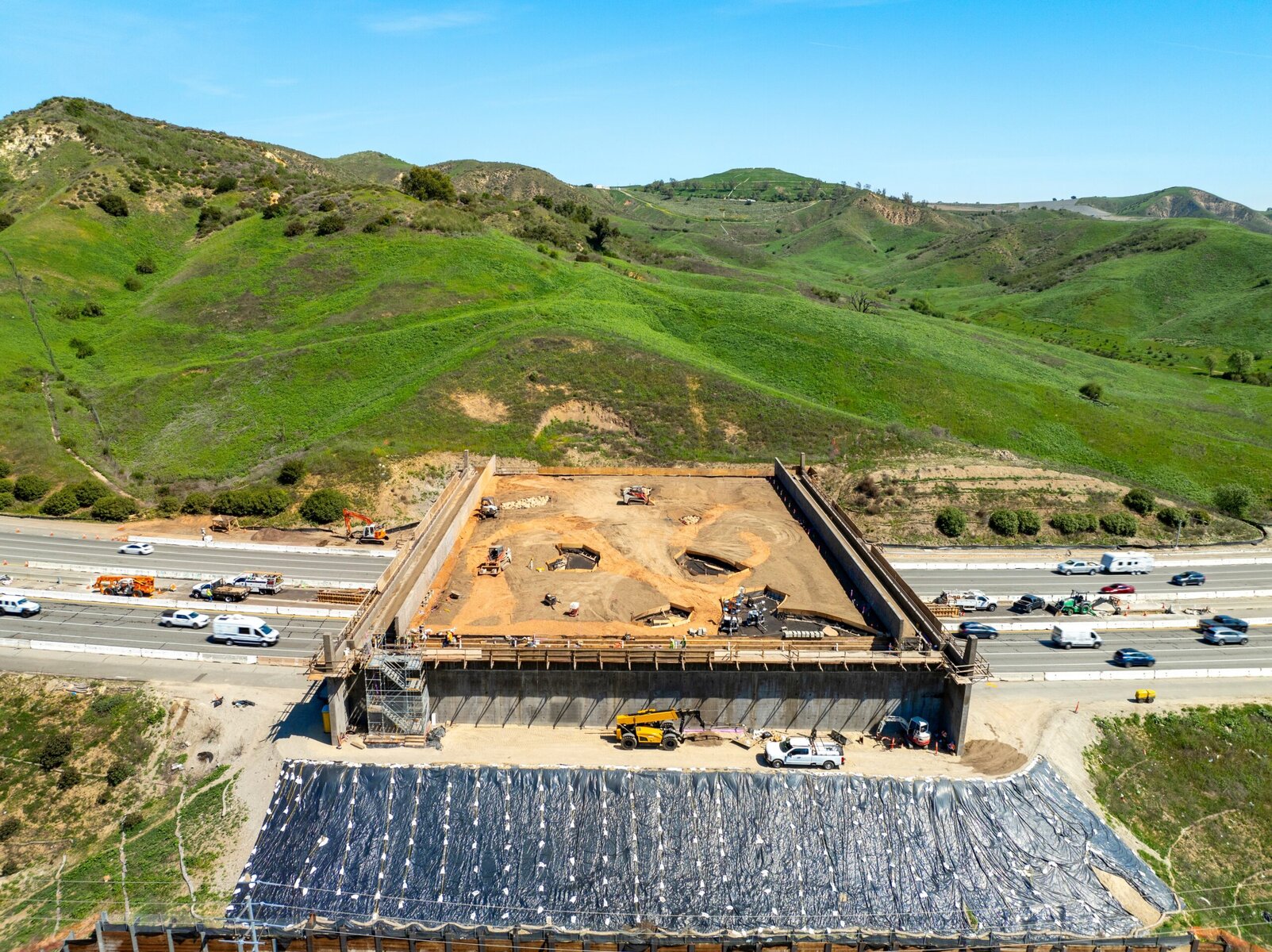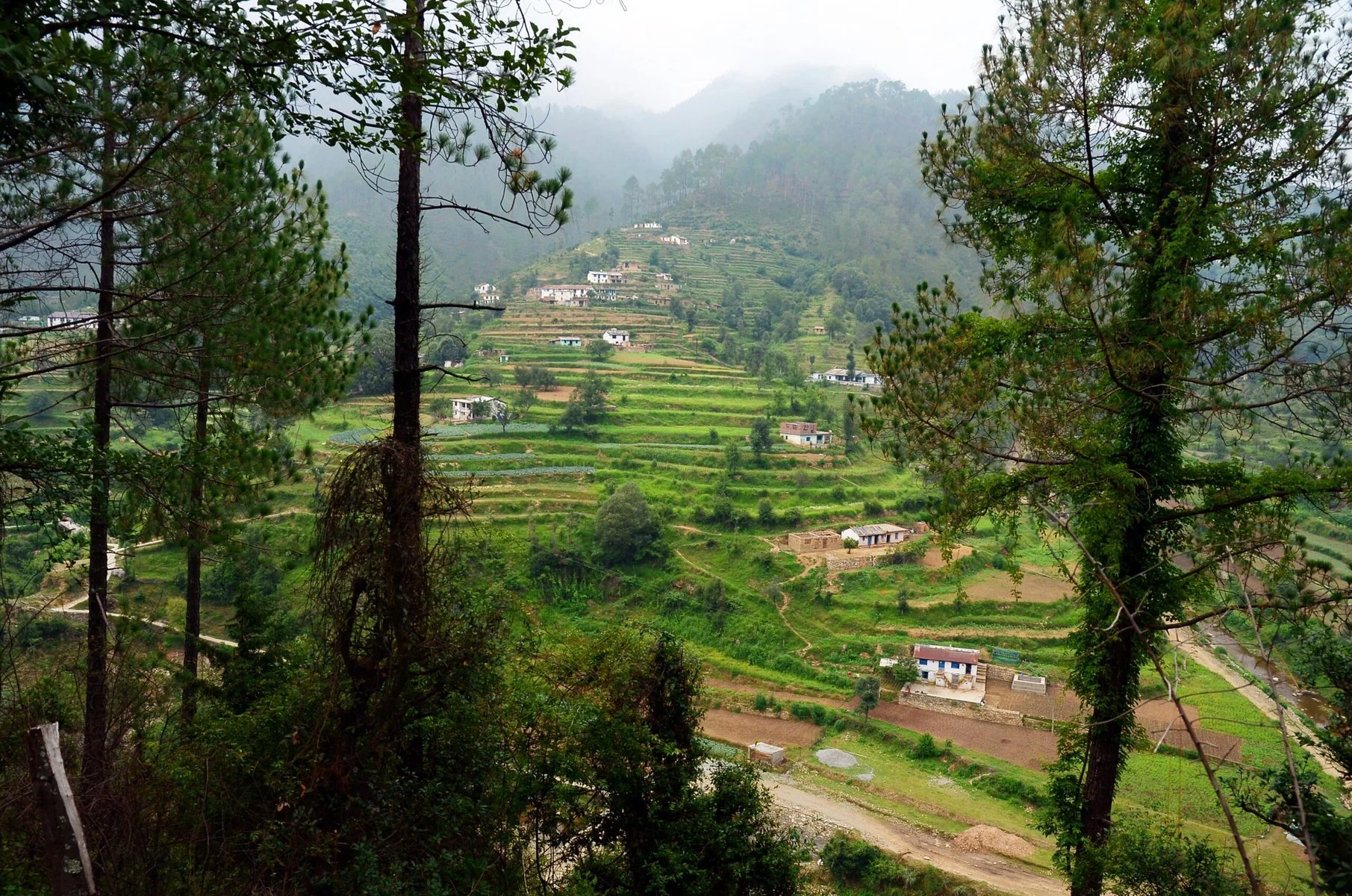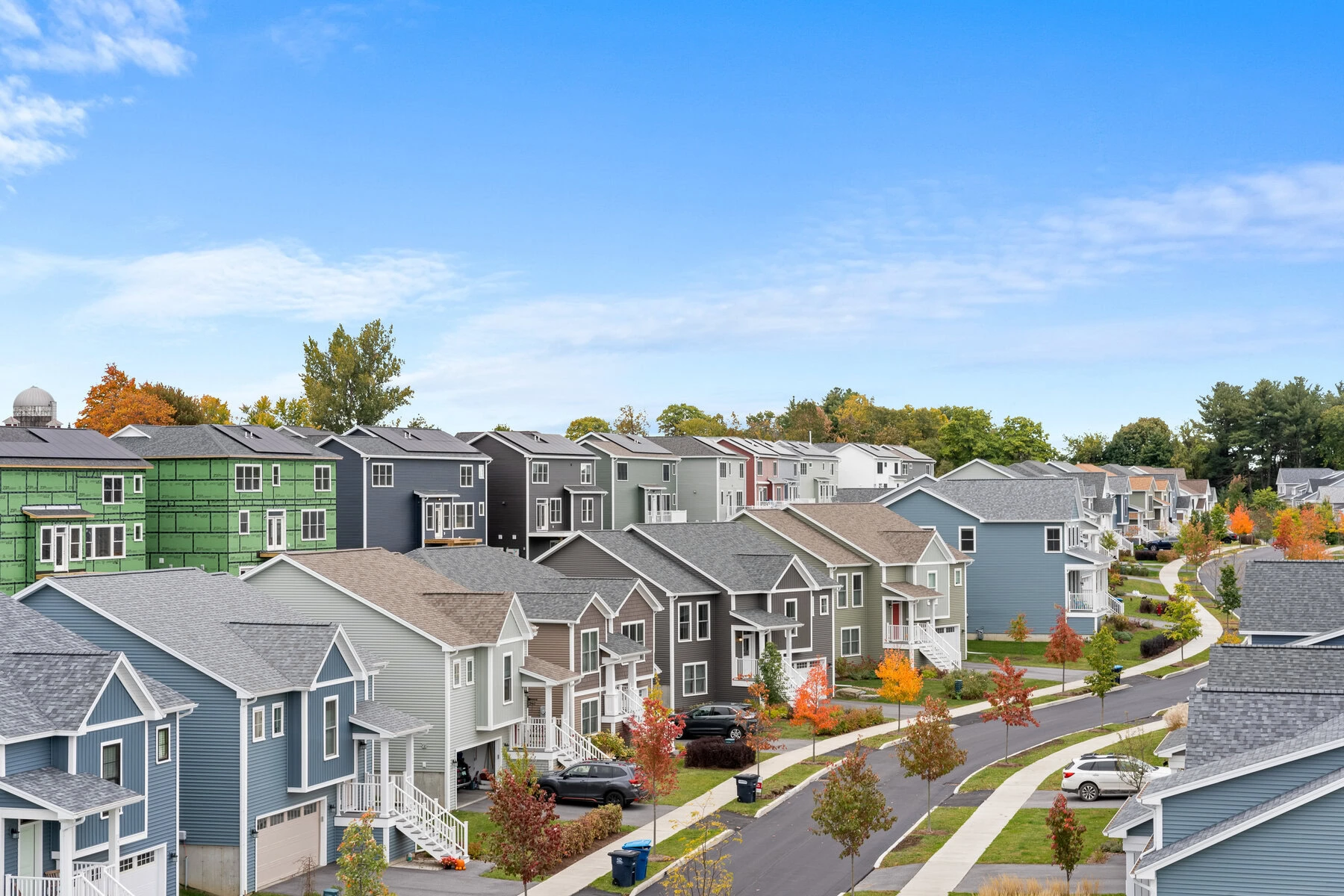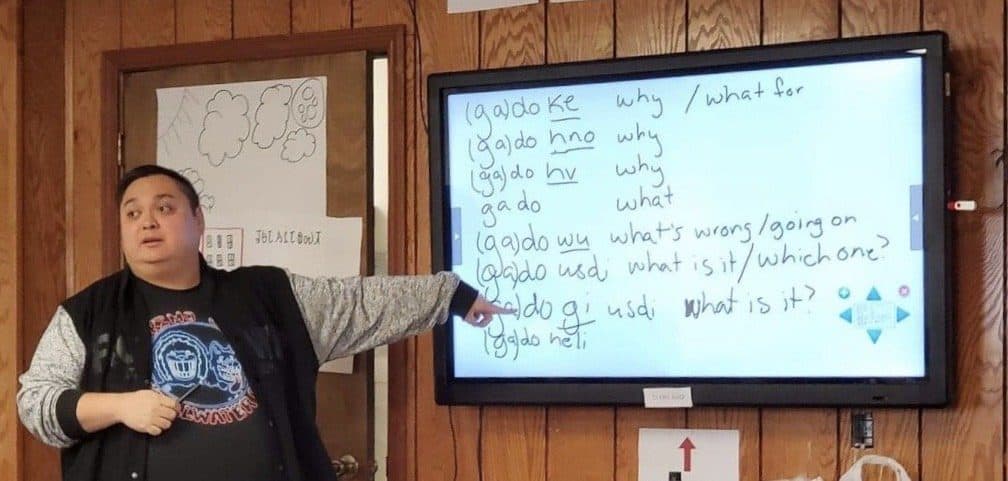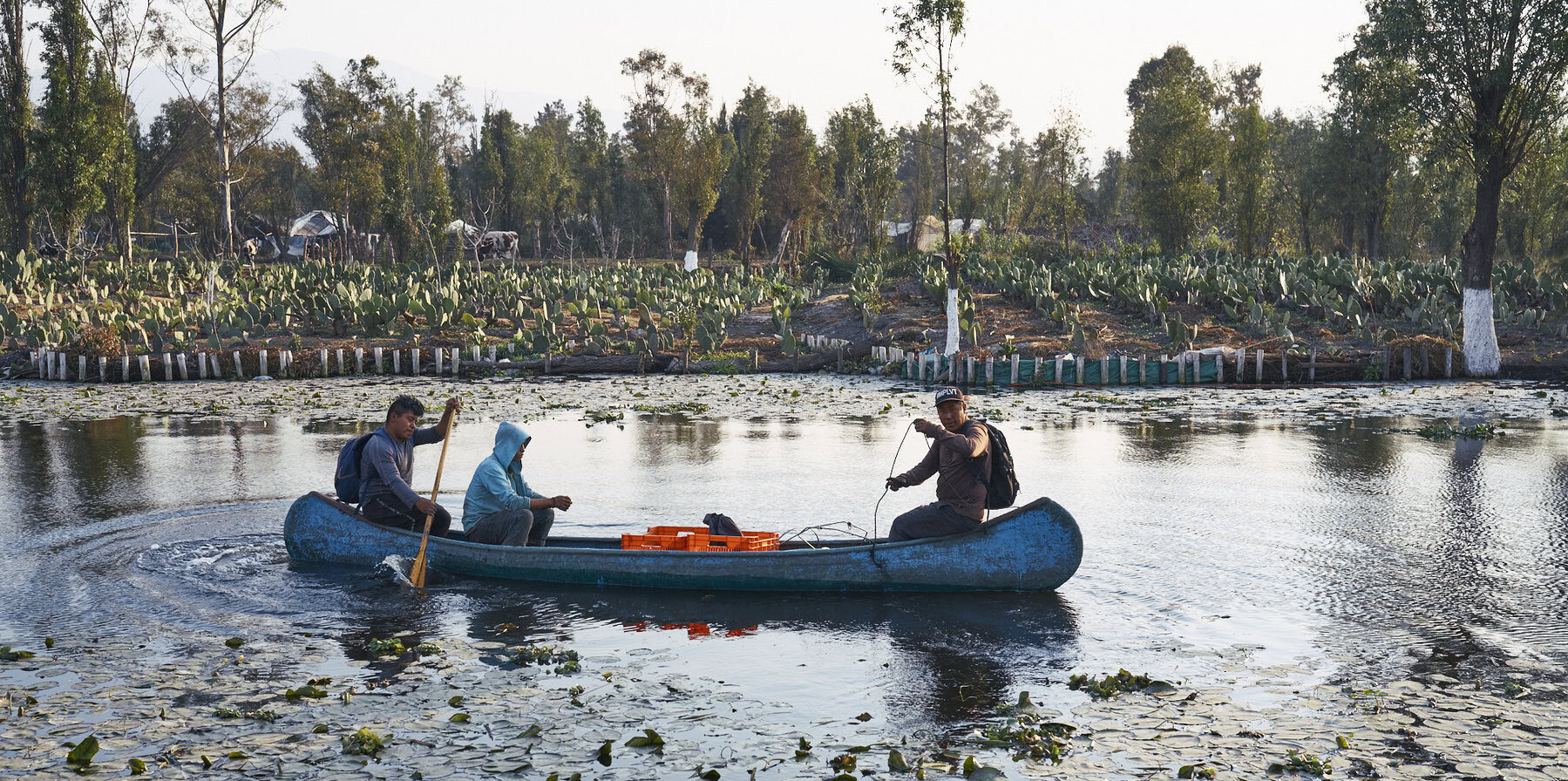Three great stories we found on the internet this week.
Dairy deliverers
As Covid-19 has shuttered restaurants, the small farms that supply them have suffered. But in New York, some are finding a way to stay in business — by filling a gap that big industrial food suppliers can’t.
Civil Eats has the story of Lively Run Goat Dairy in upstate New York. When the restaurants it services closed, its business dried up overnight. Meanwhile, big dairies were dumping thousands of gallons of milk — they were set up to sell “the kind of 20-pound tubs of sour cream that ended up at Chipotle,” said Pete Messmer, one of the brothers who runs the Lively Run Goat farm. “They couldn’t switch over to retail.”
That’s when Messmer had an epiphany. Lively Run Goat Dairy could buy the excess milk from the big farms, process it into cheese and turn it over to food banks. “Bigger businesses have a much harder time [pivoting] because they need so much more infrastructure in order to be efficient,” Messmer said. “A business like ours can be nimble and switch over quickly.”
Weighed down by negative news?
Our smart, bright, weekly newsletter is the uplift you’ve been looking for.They initially paid for the effort with a GoFundMe campaign, but it was so successful that it caught the eye of New York Governor Andrew Cuomo, who mentioned Messmer’s farm in one of his press conferences. In April, Cuomo announced the Nourish New York Initiative, which is now allocating $25 million in state funds to connect upstate farmers to food pantries to do just what Lively Run Goat Dairy has done.
Naturally spiritual
In addition to being one of the most innovative and functional democracies on earth, Taiwan is an environmentally conscious country, too — a mindset that begins in childhood. Yes! reports on how environmental stewardship is tied to the tenets of Buddhism in children’s education in ways that seem to reverberate for years.
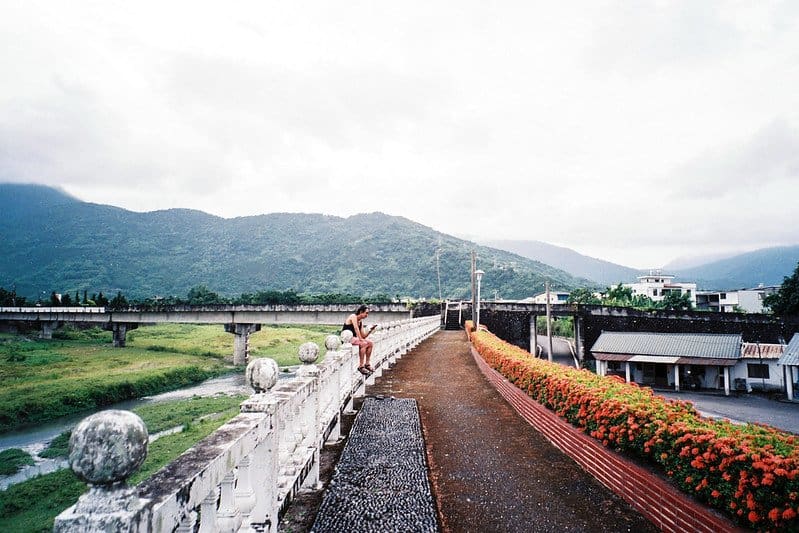
Buddhist organizations — at the forefront of much environmental activism in Taiwan — use children’s stories to teach kids about the interconnectedness of all things. Often, ecological responsibility is placed in the context of reincarnation and karma, in books like Samantabhadra Bodhisattva’s Great Battle against the Trash Monster and Record of the Wanderings of a Plastic Bag. These books, published by Buddhist groups, teach about the concept of “cherishing” to help kids understand environmental protection on a more spiritual level. The goal is to produce what sociologist Bengt Larsson called in a 2012 paper not environmentalists, per se, but “ecological selves.”
Though the impacts of these efforts haven’t been quantified, there’s evidence that suggests they could have an impact — one Australian study found that anthropomorphism, in which elements of the natural world are given human traits, in children’s books by J.R.R. Tolkien and J.K. Rowling, increased kids’ concern for the environment.
Homes for the middle
Middle-income folks typically don’t qualify for subsidized housing, even when those middling incomes aren’t enough to pay the rent in expensive cities. A new California program seeks to fix that, offering housing support for people in this “missing middle,” who earn between 80 and 120 percent of their area’s median income.
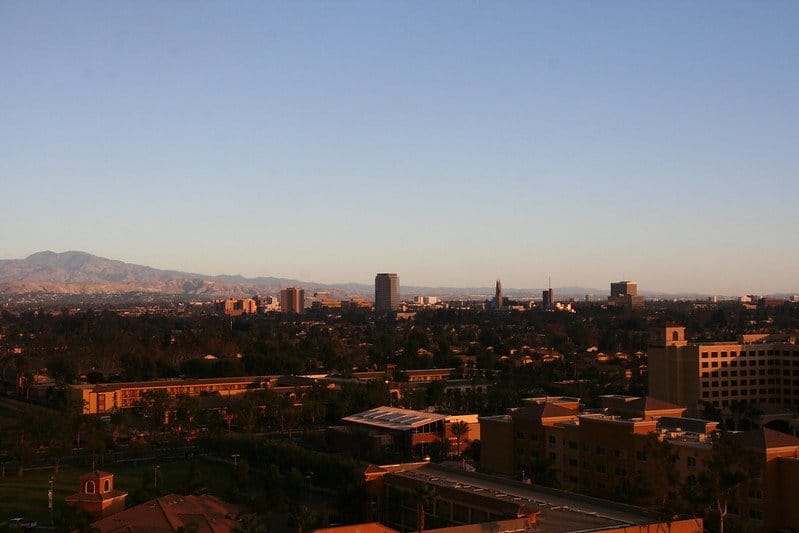
Launched this year, the Workforce Housing Program allows the California Statewide Communities Development Authority to purchase rental units and then rent them to moderate-income tenants at restricted rates. The authority then uses this rental income to pay off the purchase price over 30 years, just like a regular mortgage. This allows the initiative to pay for itself, with no costs to the cities that adopt it. So far it’s been taken up in Yolo County, Woodland, Carson, and most recently, Anaheim, the home of Disneyland. “For us it really is kind of a no-brainer, because this is a group that’s often overlooked when we do affordable housing in our city,” an Anaheim city spokesperson told Next City.




